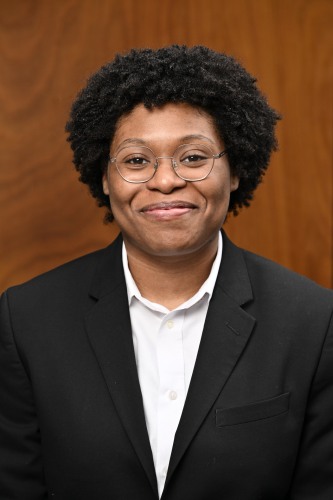
Aquielle Person
Biography
Aquielle Person is a Research Assistant at the Pandemic Center who is largely interested in using epidemiological and biostatistical methods to identify and address health disparities. In 2022, she was a Summer Public Health Scholar through the CUPS program at Columbia University. During that time, she was also a Research Assistant at the WHO Center for Global Mental Health. Her research focused on eating disorders and disordered eating behaviors in sexual minorities as well as access to treatment. She was also a Research Assistant at a lab at Brown that studied sleep disparities in adolescent populations. The findings from that study were presented at the 2022 Society of Behavioral Medicine Conference. In 2019, she served as a Research Assistant at the University of Pennsylvania investigating language acquisition in infants and toddlers. She holds an Sc.B. in Psychology from Brown University.